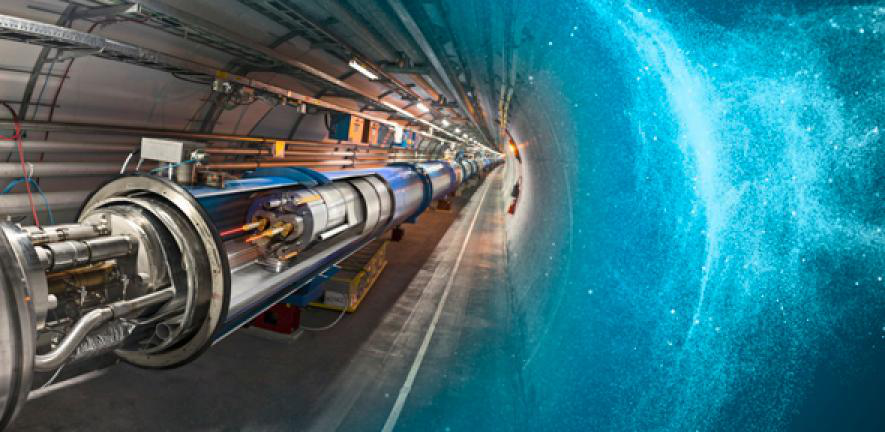Speaker
Description
The Standard Model (SM) of particle physics was completed by the discovery of the Higgs boson in 2012 by the ATLAS and CMS collaborations. However, the SM is not able to explain a number of phenomena and anomalies in the data. These discrepancies to the SM motivate the search for new bosons. In this paper, searches for new bosons are completed by looking for Zgamma resonances in Zgamma (pp > H > Zgamma) fast simulation events.
This research makes use of a neural network, more specifically a Variational Autoencoder (VAE), in the search for new bosons. The functionality of a VAE to be trained as both a generative model and a classification model makes the architecture an attractive option for the search. The VAE is used as a generative model to increase the amount of Zgamma fast simulation Monte Carlo data whilst simultaneously being used to classify samples containing injected signal events that differ from the Monte Carlo data on which the model was trained.
Both the generative capability and classification capability of a single trained VAE model is evaluated. The evaluation of the generative capability is done by assessing how similar the input distributions are to the generated distributions as well as how similar the correlations between individual input variables are to the correlations between individual generated variables.
The classification capability is evaluated by assessing how well the model is able to separate samples with various types and quantities of injected signal events versus samples containing only background events.

